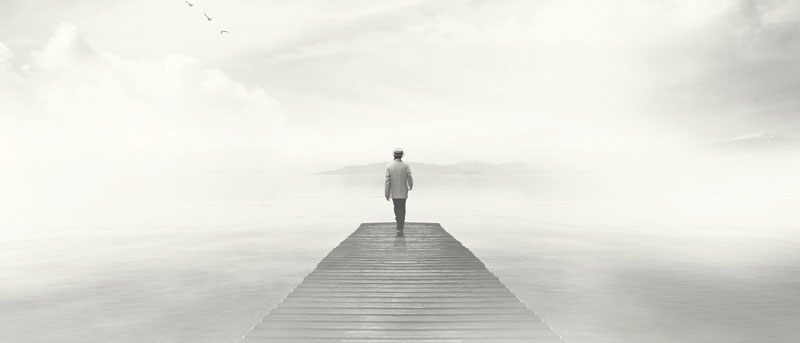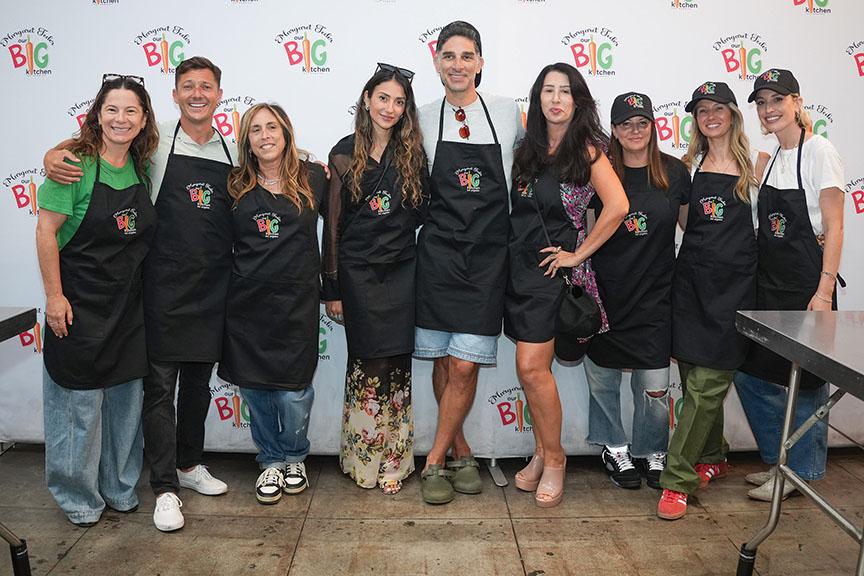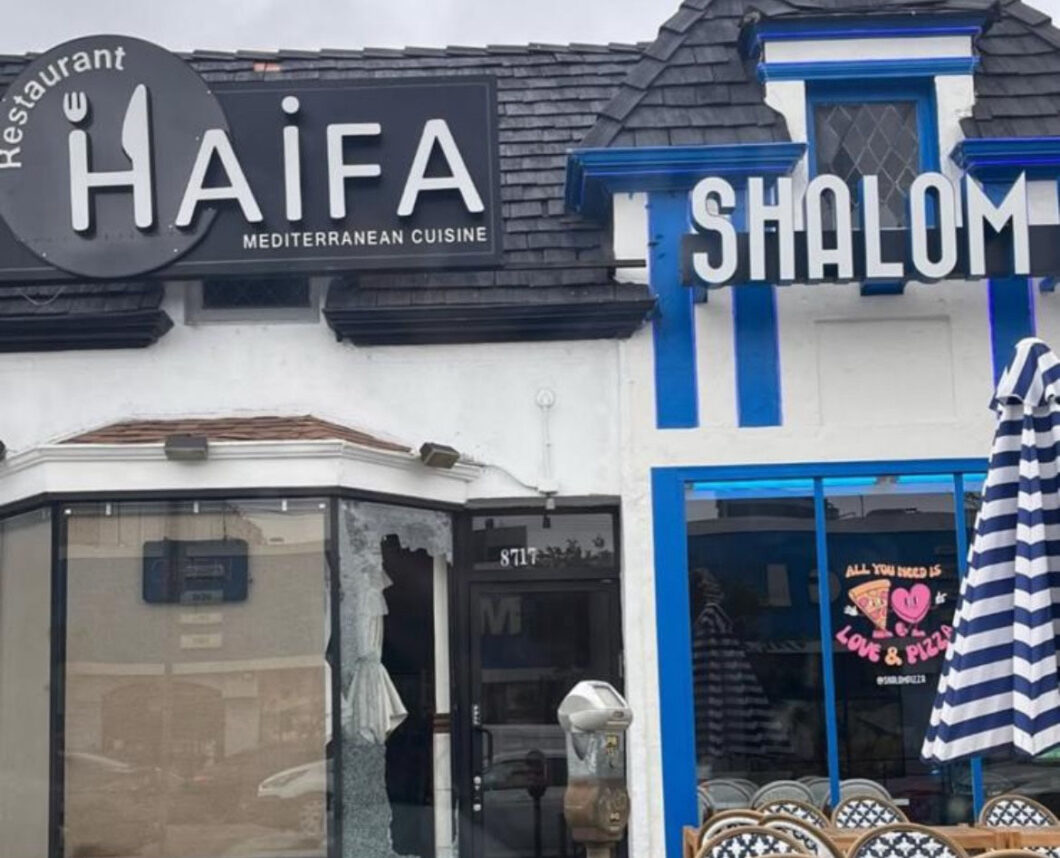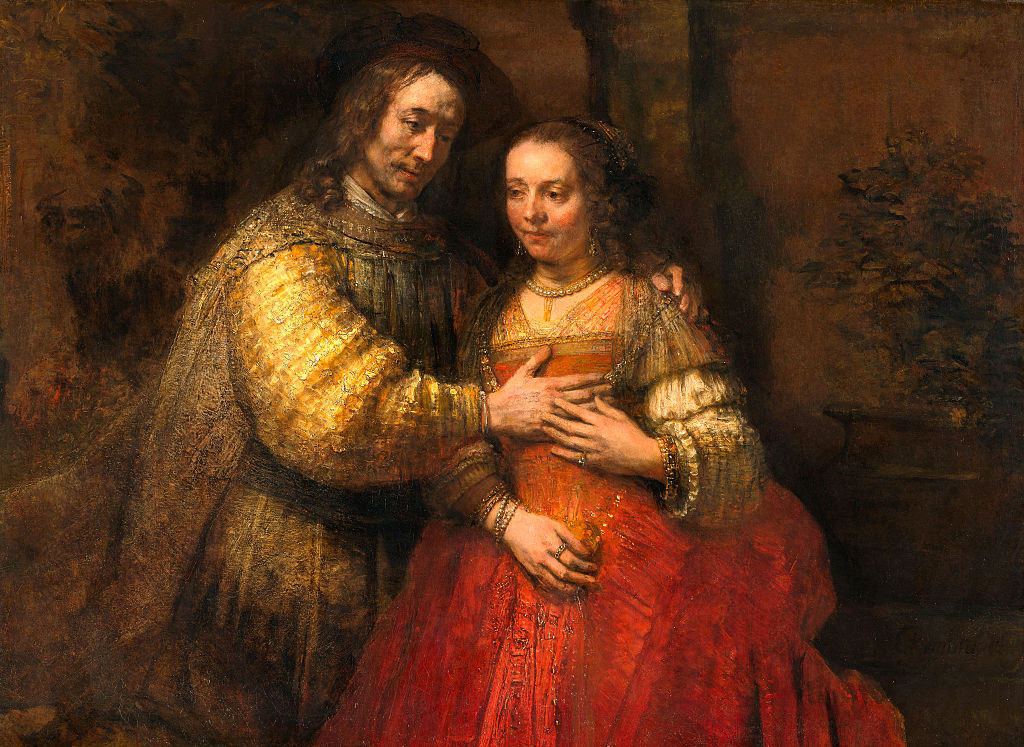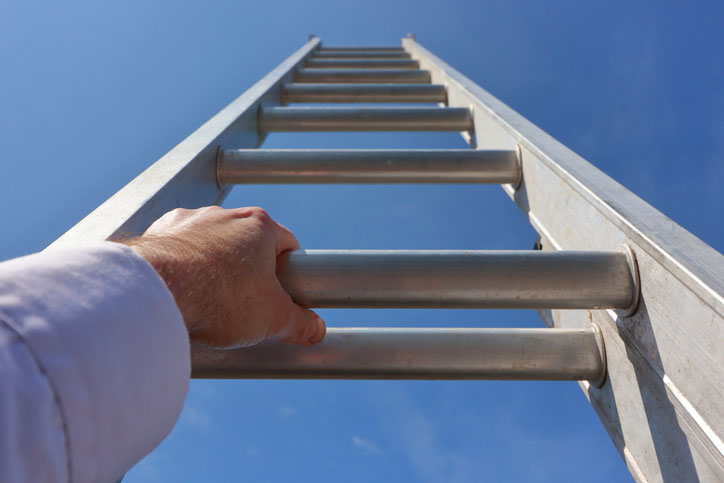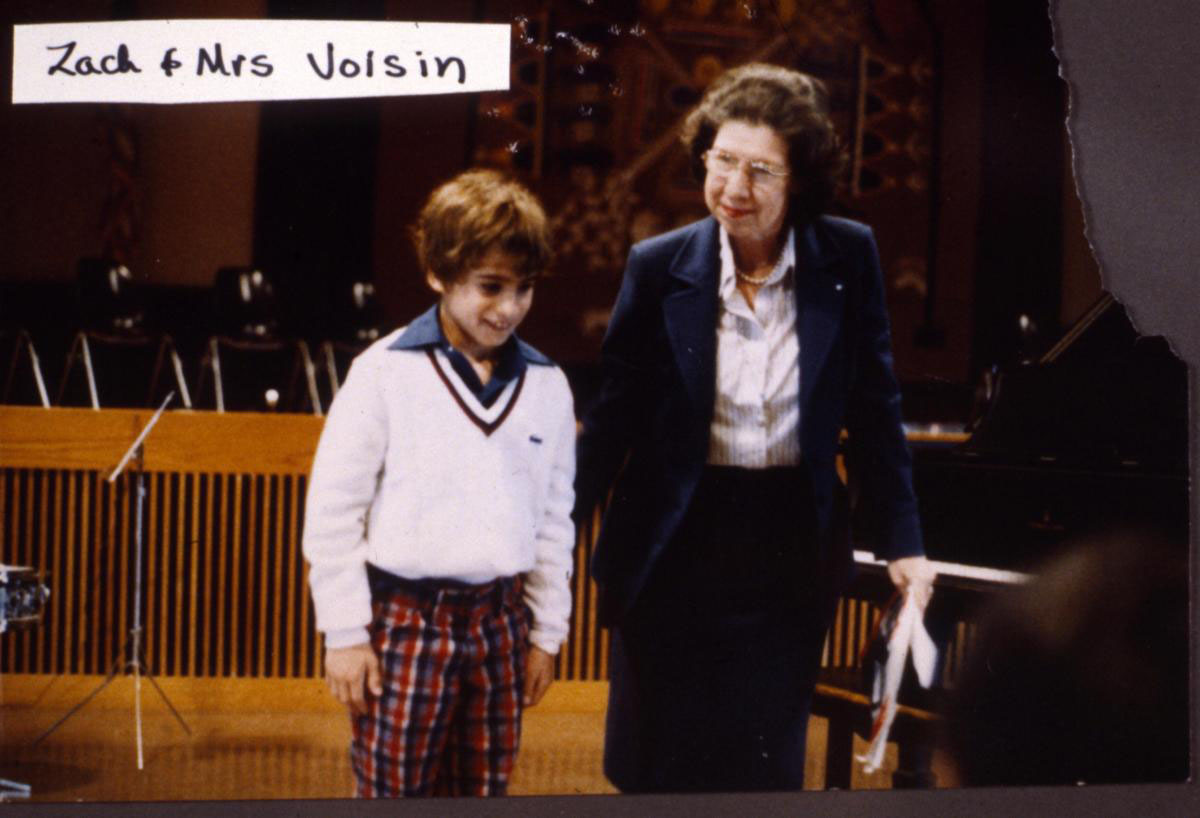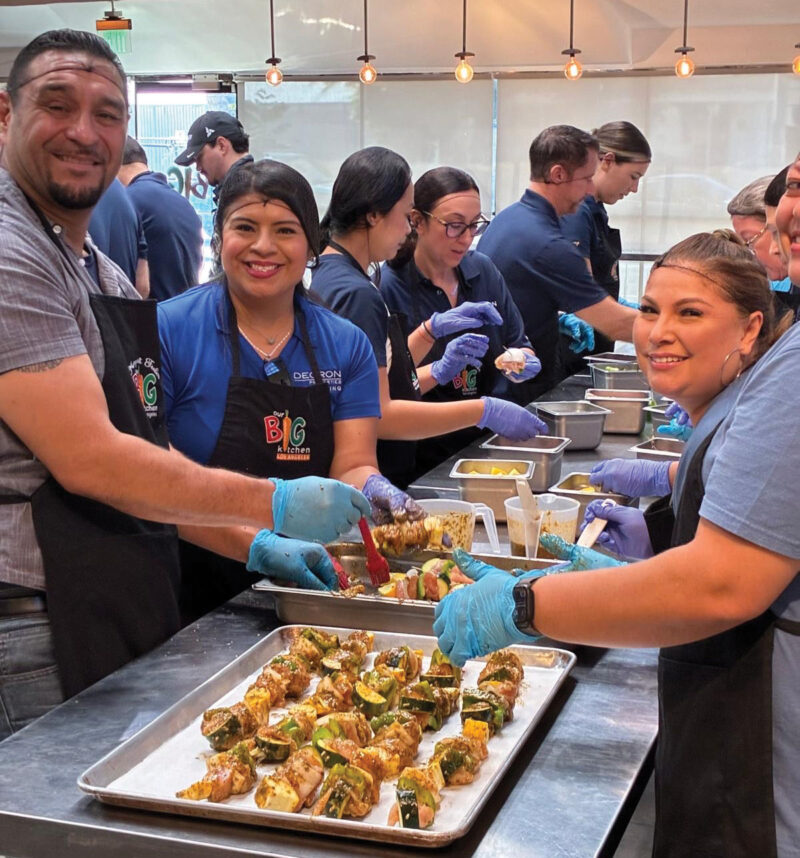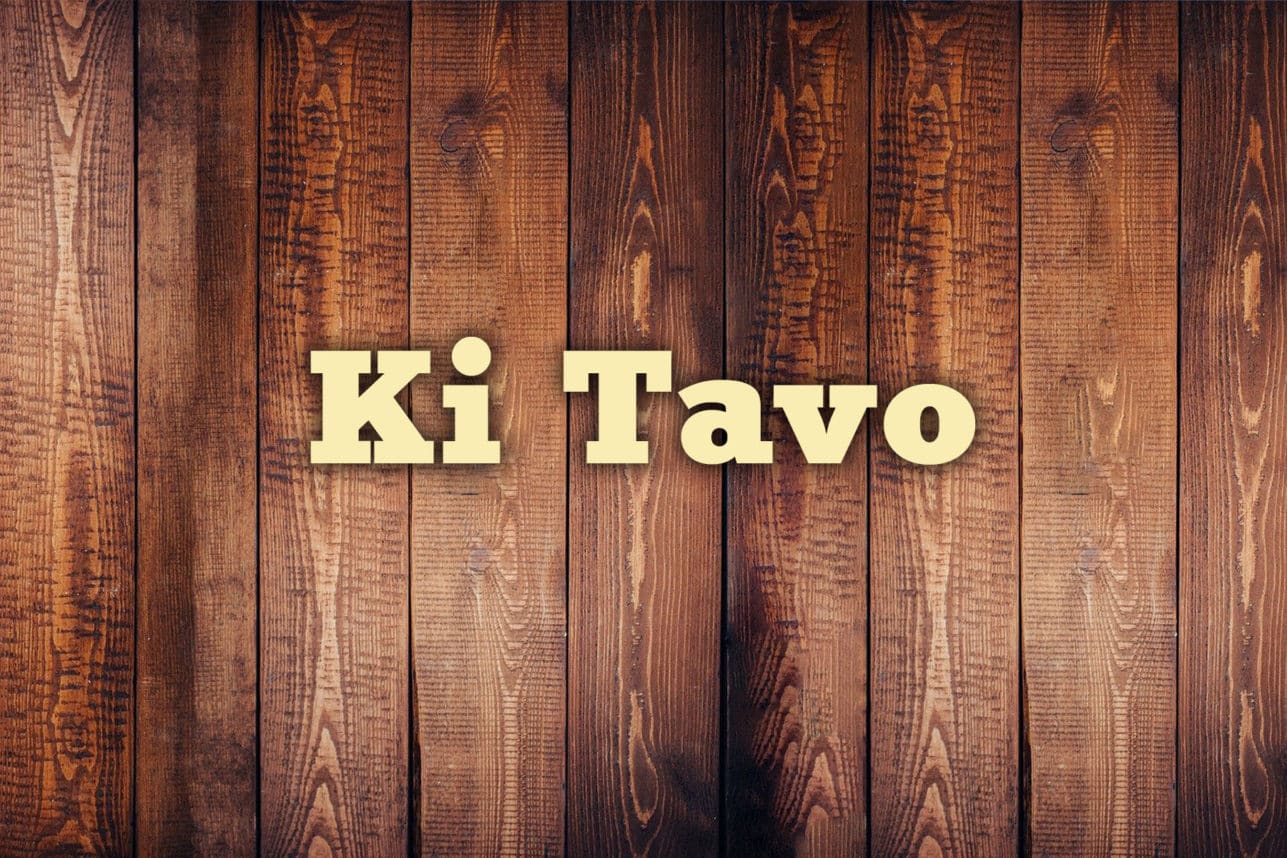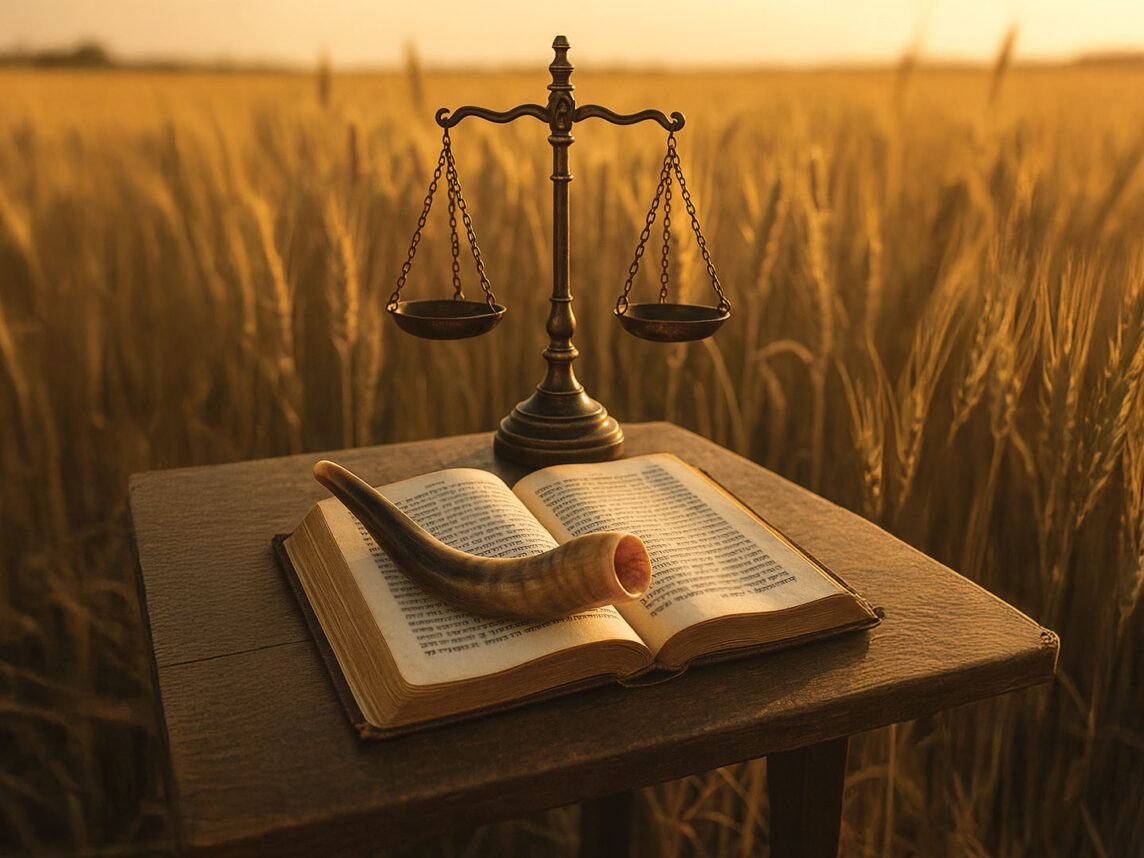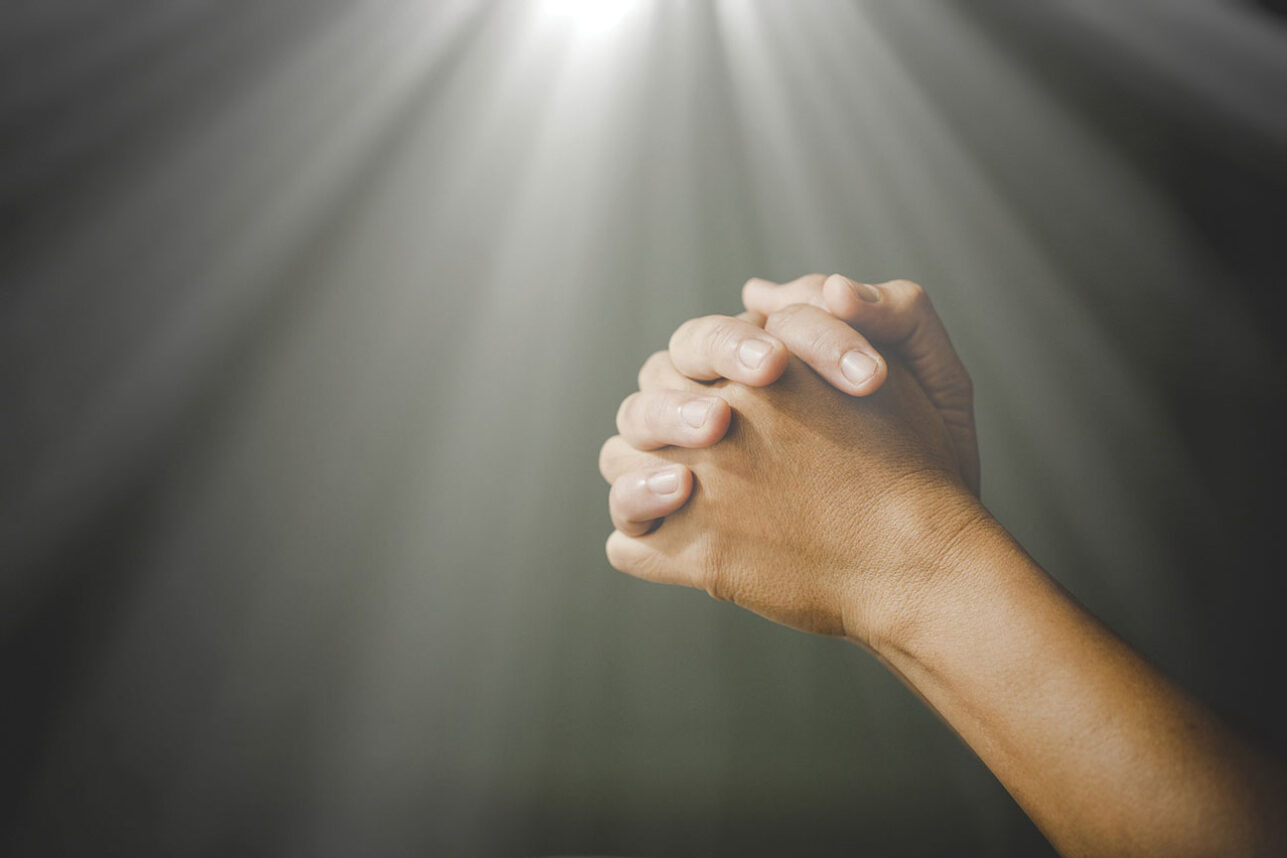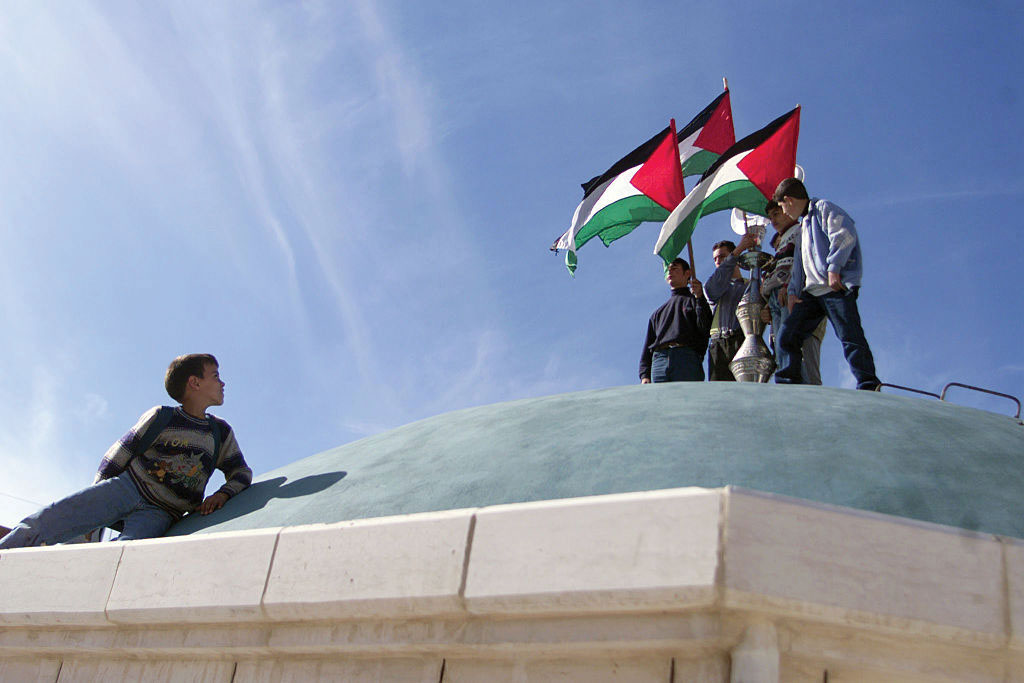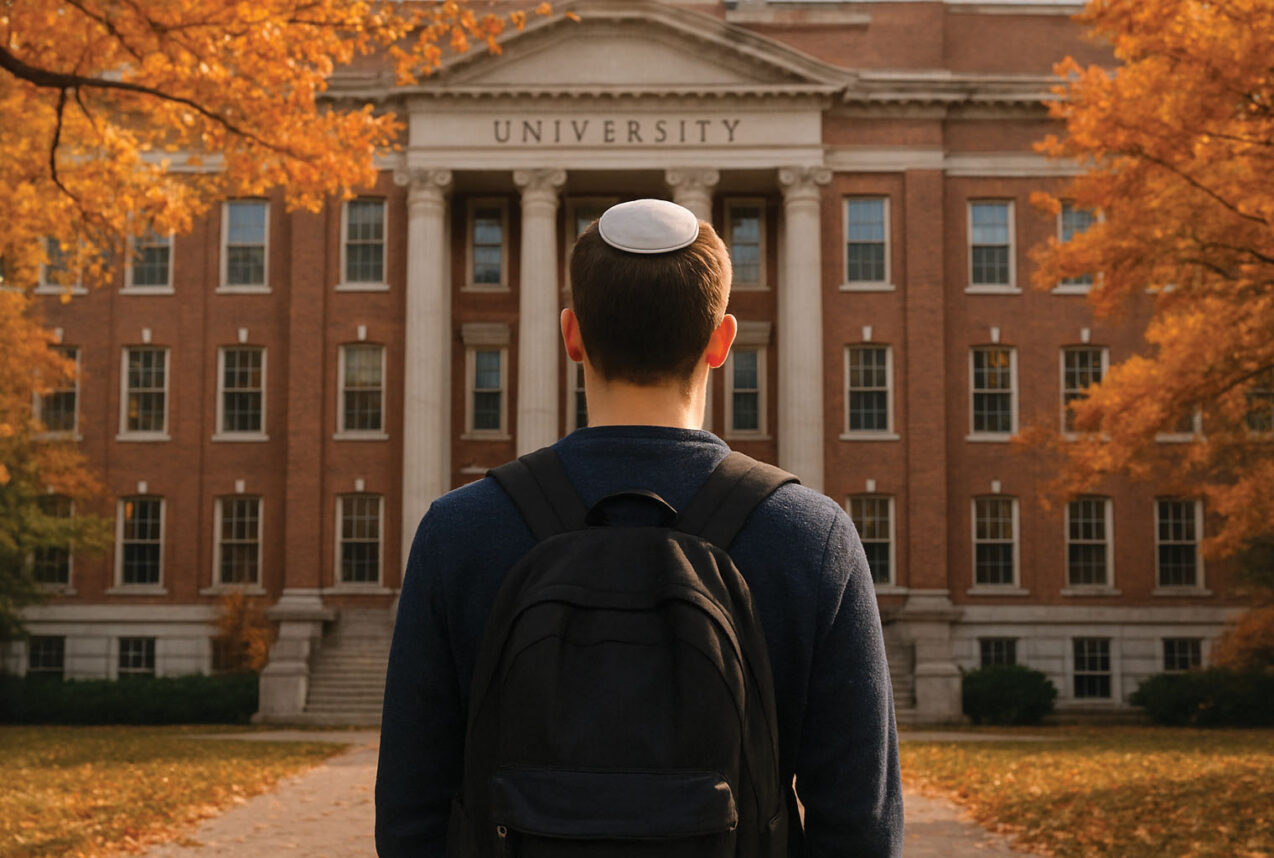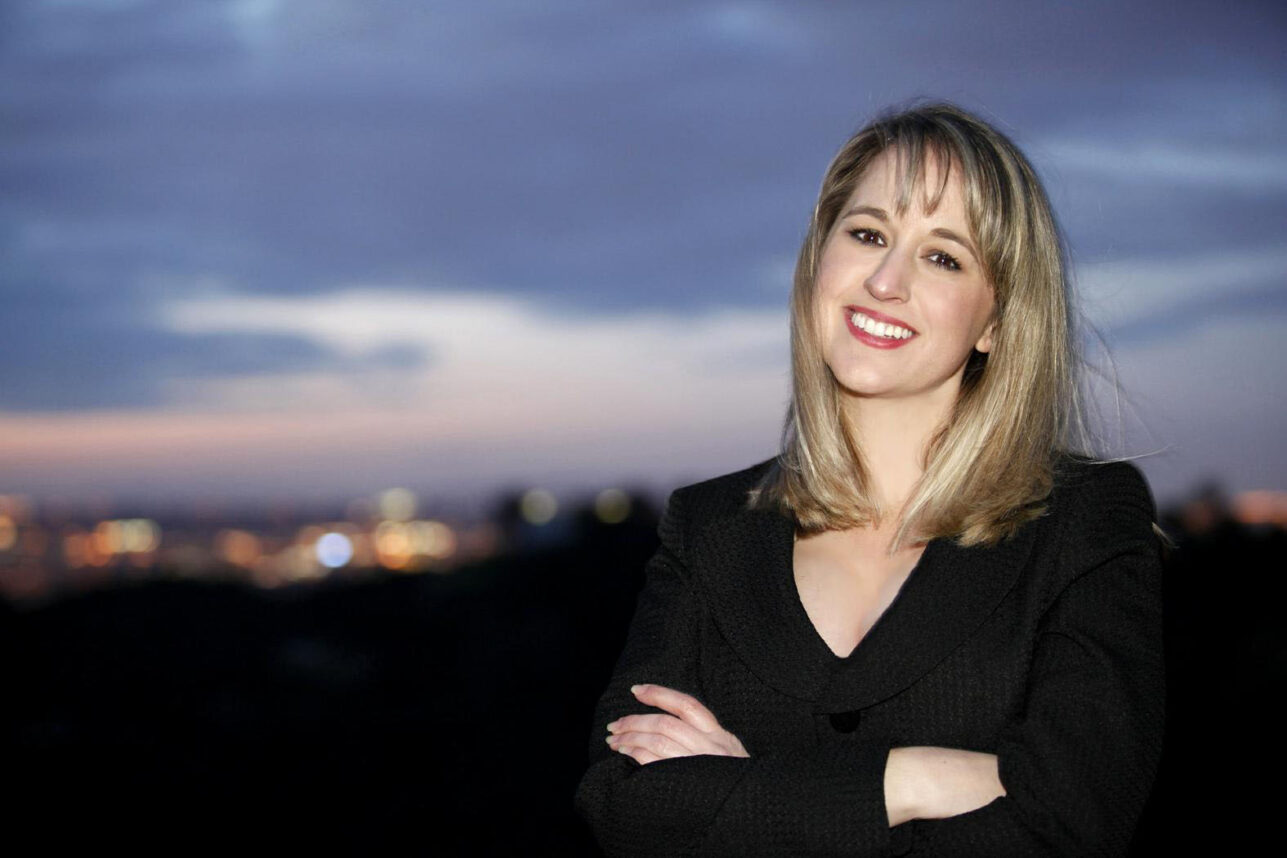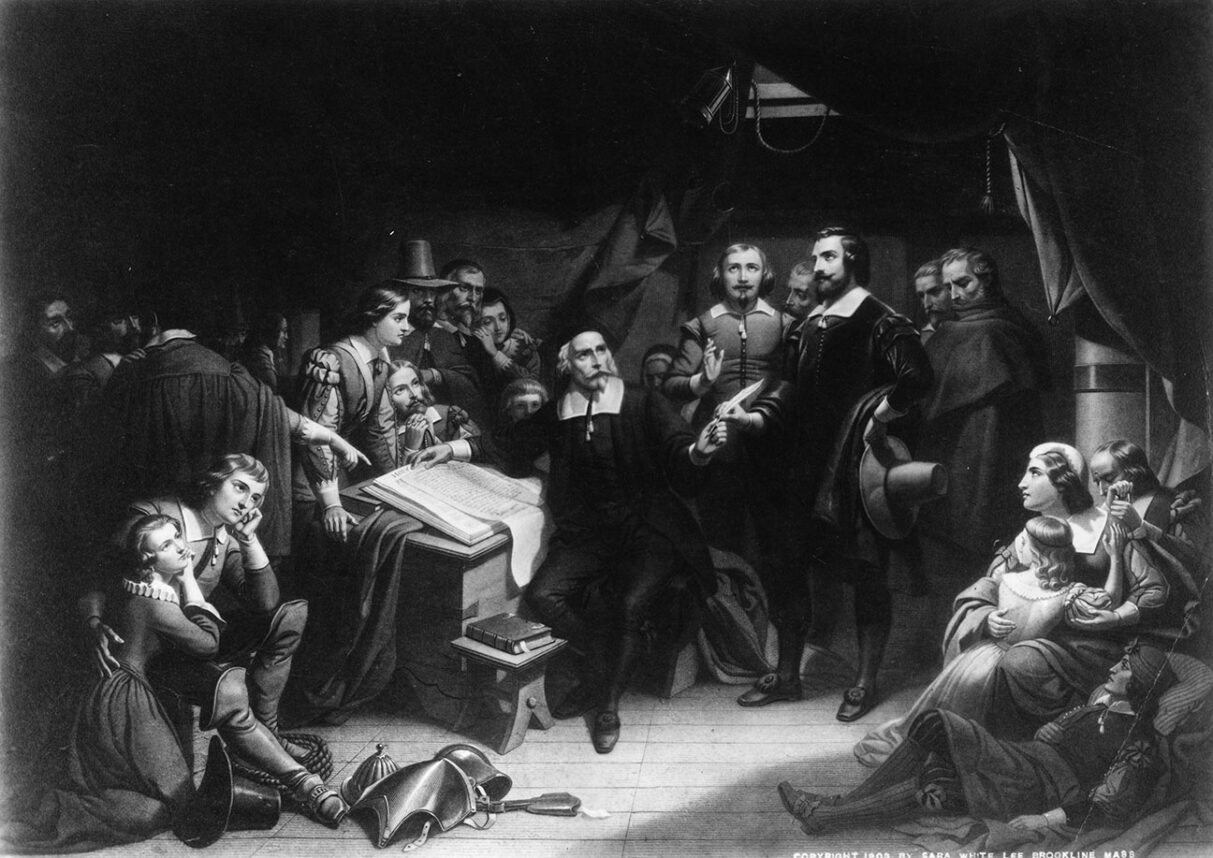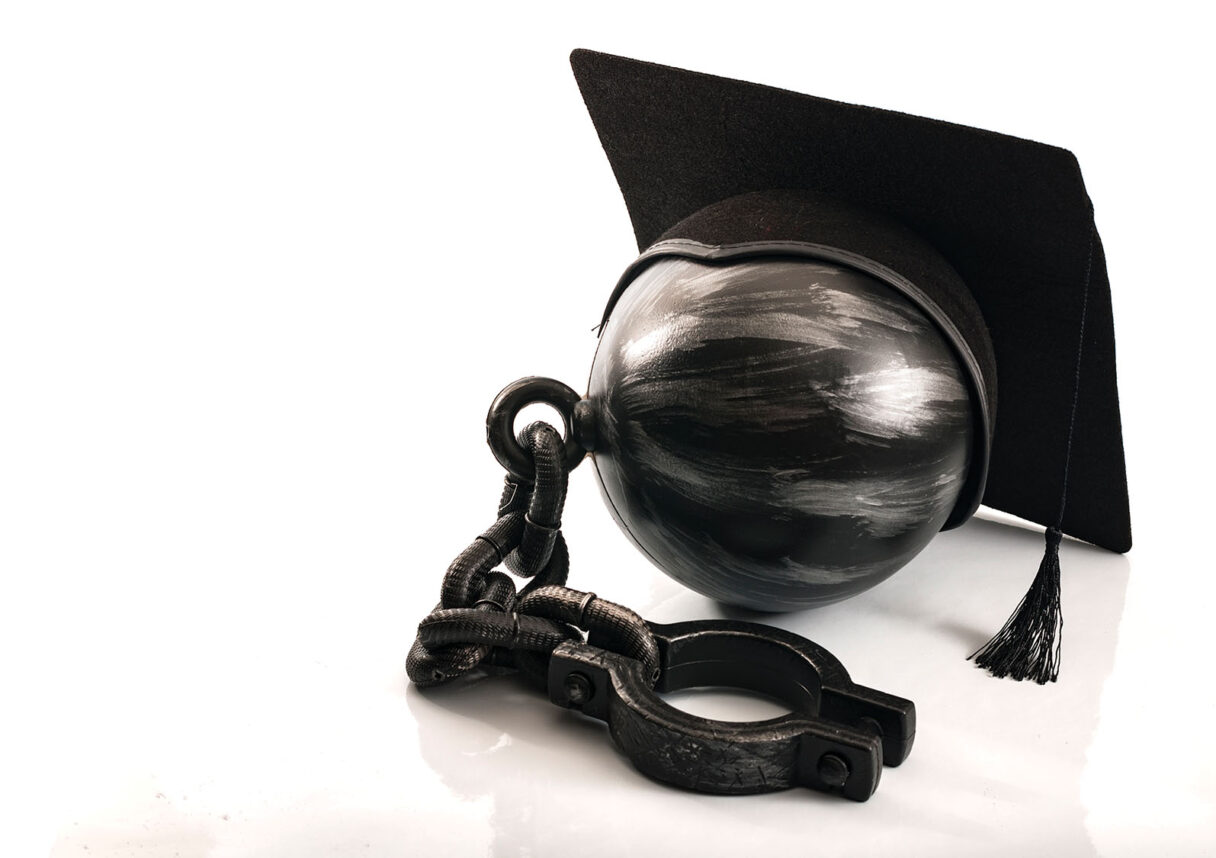
Speaking at an event for the University of Southern California’s Shoah Foundation on Monday March 25, director and Foundation founder Steven Spielberg warned about the perils of forgetting history.
“We can rage against the heinous acts committed by the terrorists of Oct. 7 and also decry the killing of innocent women and children in Gaza,” Spielberg said. “This makes us a unique force for good in the world and is why we are here today to celebrate the work of the Shoah Foundation, which is more crucial now than it even was in 1994. It is crucial in the wake of the horrific October 7 massacre. It is crucial to the stopping of political violence caused by misinformation, conspiracy theories and ignorance. It is crucial because stopping the rise of antisemitism and hate of any kind is critical to the health of our democratic republic and the future of democracy all over the civilized world.”
Stopping the rise of antisemitism and hate of any kind is critical to the health of our democratic republic and the future of democracy all over the civilized world.” – Steven Spielberg
On Dec. 1 last year, the Shoah Foundation announced an initiative to document the survivors and witnesses of the Oct. 7 terror attacks on Israel.
“Both initiatives — recording interviews with survivors of the Oct. 7 attacks and the ongoing collection of Holocaust testimony — seek to fulfill our promise to survivors: that their stories would be recorded and shared in the effort to preserve history and to work toward a world without antisemitism or hate of any kind,” Spielberg said in a press release.
Spielberg’s speech comes six weeks after the Directors Guild of America approved a provisional Jewish Diversity Committee. Though Spielberg is a member of the DGA and one of the most decorated Jewish film directors of all time, he has not yet commented on the committee’s formation.
The event honored the more than 56,000 Holocaust survivors who have recorded their testimony with the Shoah Foundation since its founding, 30 years ago this month.
March 21st marked 30 years since “Schindler’s List” won Best Picture at the 66th Academy Awards. The film would win seven Oscars total that night, including a Best Director nod for Spielberg. He famously took no salary for the film, which earned over $322 million at the worldwide box office.. Three decades later, “Schindler’s List” is still (arguably) the most well-known Holocaust film of all time.
The screenplay was adapted from the 1982 book, “Schindler’s Ark” by Australian author Thomas Keneally, who happened upon the story through a chance encounter in Beverly Hills with Poldek Pfefferberg, one of the 1,200 Jews saved by Oskar Schindler.
Spielberg concluded his speech today by introducing the featured speaker of the day: Celina Karp Biniaz, a 93-year old, one of youngest Jews saved by Schindler during the Holocaust. She, along with the many thousands of survivors who shared their testimony, were bestowed with the University Medallion. Prior to today, the University Medallion had only been awarded three times — to Walter Annenberg (1994), Dana and David Dornsife (2011) and Wallis Annenberg (2017).
Biniaz was only eight years old when the Nazis invaded her hometown of Kraków. At the time, the city had an estimated Jewish population of 60,000 to 80,000. Her family was sent to the Kraków Ghetto in 1941. Two years later, they were sent to Płaszów Concentration Camp. The following year, Celina, along with her mother Phyllis and father Irvin, were added to a list of Jews that Schindler sought to employ in his enamelware factory. The Shoah Foundation says that she was the youngest female to be added to Schindler’s list. During the relocation, Celina and Phyllis were amongst the 300 women who were erroneously not sent to Brünnlitz, but to Auschwitz. The ordeal was dramatized in Spielberg’s film — including the dehumanizing intake process at Auschwitz. It would be another five weeks before Schindler himself would come to Auschwitz to bring the women 260 kilometers south west to Brünnlitz. She and her parents immigrated to the U.S. in 1947 and settled in Iowa. Until 1994, when the Shoah Foundation was founded, she did not tell anyone that she was a Holocaust survivor. She recorded her testimony in 1996 for the Foundation’s Visual History Archive, and can be watched online.
The full text of Spielberg’s speech today is below:
Good afternoon everyone.
‘It fills me up,’ as my late mom Leah used to say, to be here with you today — 30 years after the Shoah Foundation was founded and 20 years after the University of Southern California became our dedicated partner in this endeavor. To celebrate what we have accomplished and reflect on all that we hope to achieve.
I am grateful to President [Carol] Folt for bringing us together and for her unflagging leadership and support. Please join me in thanking her for her ongoing commitment to our mission.
For many years, I have been incredibly fortunate to spend much of my professional life telling stories. Stories are the foundation of history. Stories can be magical, inspirational, terrifying, and unforgettable. They offer a snapshot of humanity in all its beauty and tragedy. And they are one of our strongest weapons in the fight against antisemitism and racial and religious hatred.
The Holocaust, or as my parents called it, ‘The Great Murders,’ is one of the stories I heard growing up. In my grandparents’ home in Cincinnati, where I lived until I was three, my grandmother taught English to Hungarian Holocaust survivors. During these lessons, I would often sit at the table with her, and it was there that I learned to count— not in school but by being taught the numbers tattooed on survivors’ arms. One man rolled up his sleeve and showed me what the number five looked like, then a three then a seven. Then he said, ‘Wanna see a trick? This is a nine, but when I go like this, now it’s a six. I was only three, but I never forgot. Years later, when I was in high school in California, I was one of a small number of Jews at my school, and I got to experience what it was like to be on the receiving end of antisemitism both verbally and physically and through silent exclusion. It was a stark reminder that even though decades had passed since the Holocaust, the distance between my grandmother’s table and the halls of my high school wasn’t very far, and that discrimination against the Jews was not something that started or ended with World War II.
In the years leading up to and during the production of ‘Schindler’s List,’ immersing myself in the darkness of the Holocaust was imperative. The one thing that always punctured the darkness was when Holocaust survivors would visit us in Kraków. I remember every survivor had a story to recount. But I also remember that it pained me that their stories were not being documented as proof of what had been done to them and to all the Jews of Europe. By coming forward to share their stories on camera, a permanent record would be preserved for their families, for history, for education, and for every future generation. This became my mission, this became our work. This became the Shoah Foundation.
And here we are, 30 years later, still determined to give those voices every opportunity to be heard. The 56,000 testimonies we have recorded are invaluable in teaching new generations what survivors have intoned for 80 years: ‘Never again.’
Yet in listening to them, the echoes of history are unmistakable in our current climate. The rise of extremist views has created a dangerous environment, and radical intolerance leads a society to no longer celebrate differences but instead conspire to demonize those who are different to the point of creating ‘the other.’
The idea of ‘the other’ is an idea that poisons discourse and creates a dangerous wedge throughout our communities.’Othering’ rationalizes prejudice and encourages the willful denial and distortion of reality to enforce preconceptions. ‘Othering’ is the kindling that fuels extremism and illiberalism. We see every day how the machinery of extremism is being used on college campuses, where now, fully 50% of students say they have experienced some discrimination because they are Jewish. This is happening alongside anti-Muslim, Arab, and Sikh discrimination. The creation of ‘the other’ and the dehumanization of any group based on their differences, is the foundation of fascism. It’s an old playbook dusted off and being widely distributed today.
Those who cannot remember the past are condemned to repeat it. I am increasingly alarmed that we may be condemned to repeat history — to once again have to fight for the very right to be Jewish. In the face of brutality and persecution, we have always been resilient and compassionate people who understand the power of empathy. We can rage against the heinous acts committed by the terrorists of Oct. 7 and also decry the killing of innocent women and children in Gaza.
This makes us a unique force for good in the world and is why we are here today to celebrate the work of the Shoah Foundation, which is more crucial now than it even was in 1994. It is crucial in the wake of the horrific Oct. 7 massacre. It is crucial to the stopping of political violence caused by misinformation, conspiracy theories and ignorance. It is crucial because stopping the rise of antisemitism and hate of any kind is critical to the health of our democratic republic and the future of democracy all over the civilized world.
This brings me back to our celebration of 30 years of capturing the stories that the world must never forget. The 56,000 testimonies that we have recorded are a foundation upon which bridges can be built and we are building those bridges. A few months ago, at a gathering of a group of survivors, an 82-year-old woman named Hana Rychik shared what I know so many of us are wishing: that those who are currently being held hostage in Gaza should be safe and have hope that they will return home. And then she added something that I know means something to everyone here: ‘We need Peace. Peace and understanding. We should respect each other,’ she said.
I want future generations to hear that story when they sit at their grandparents’ kitchen table, as I did so many years ago. I want them to hear the stories of courage from the past that the Shoah Foundation will continue to record. I also want them to know that we have fought against history repeating itself by celebrating Jewish survival and vitality. I want them to know that we believe in a just world for everyone and will always embrace Hana’s eternal wish for peace, understanding and human dignity. When her wish becomes reality, and we can live in a world where our essential freedoms are common across all countries, peoples, and religions, that will be the most joyful story ever told.
It is now my great honor and privilege to introduce a survivor who has become one of the Shoah Foundation’s greatest champions and a treasured friend. Please welcome Ms. Celina Biniaz.









